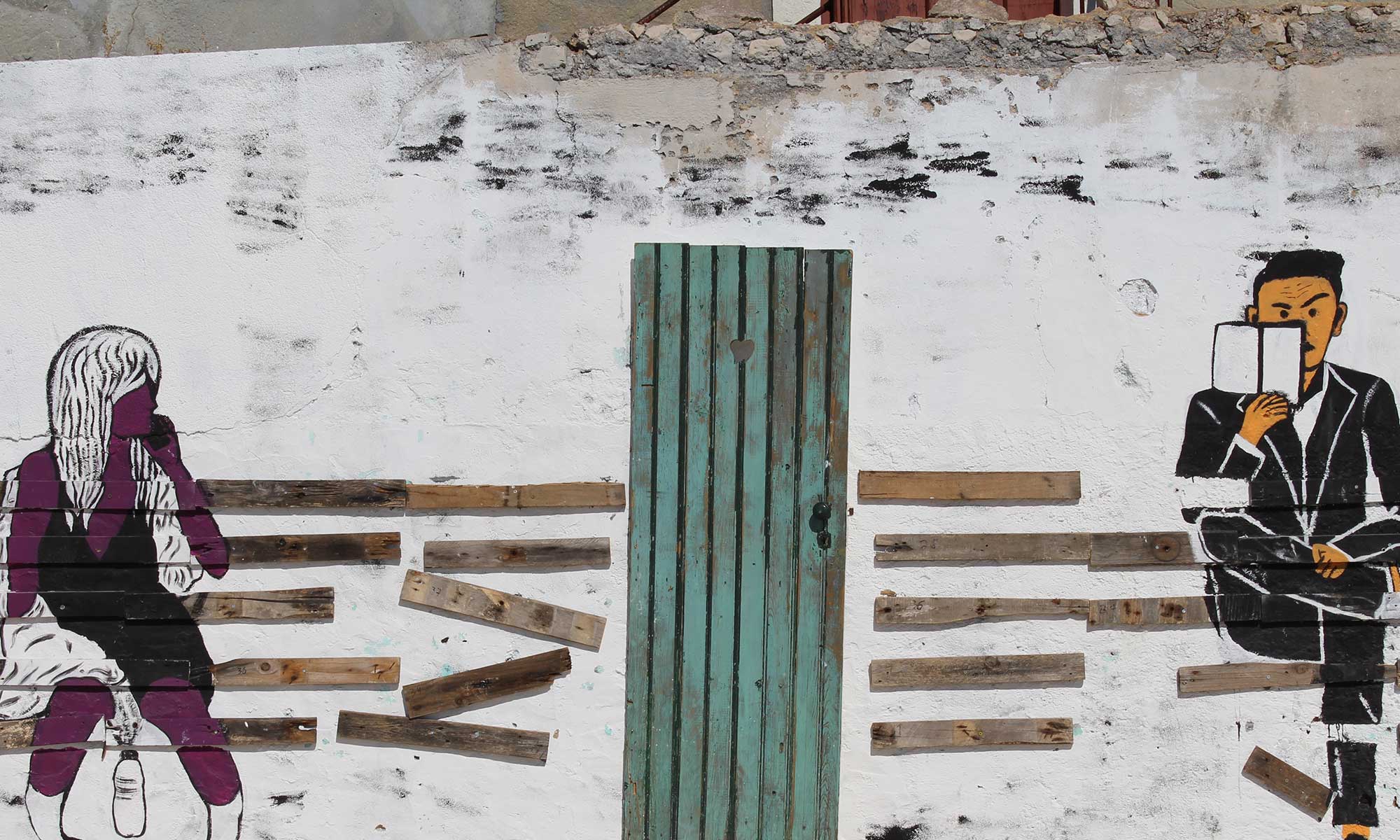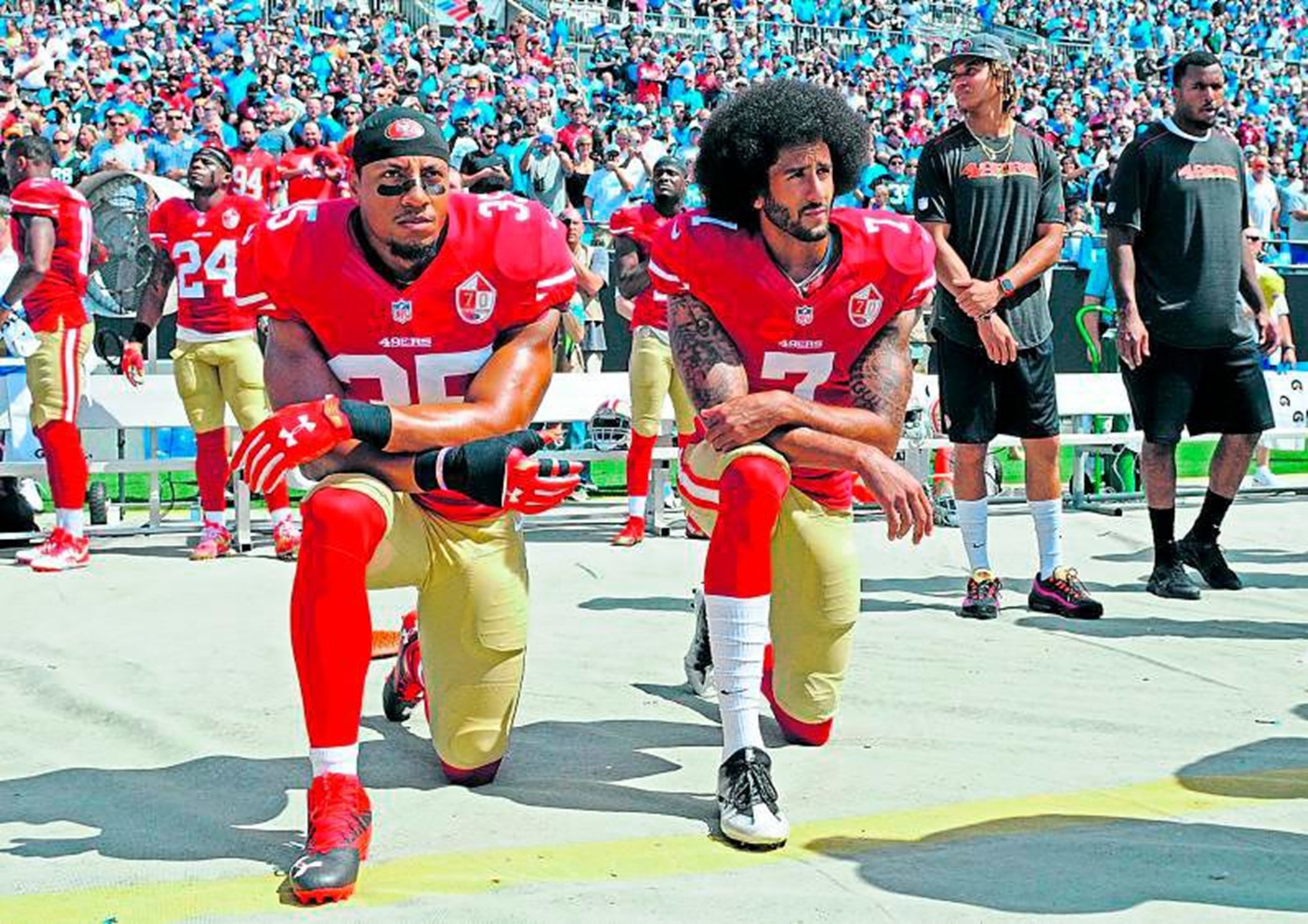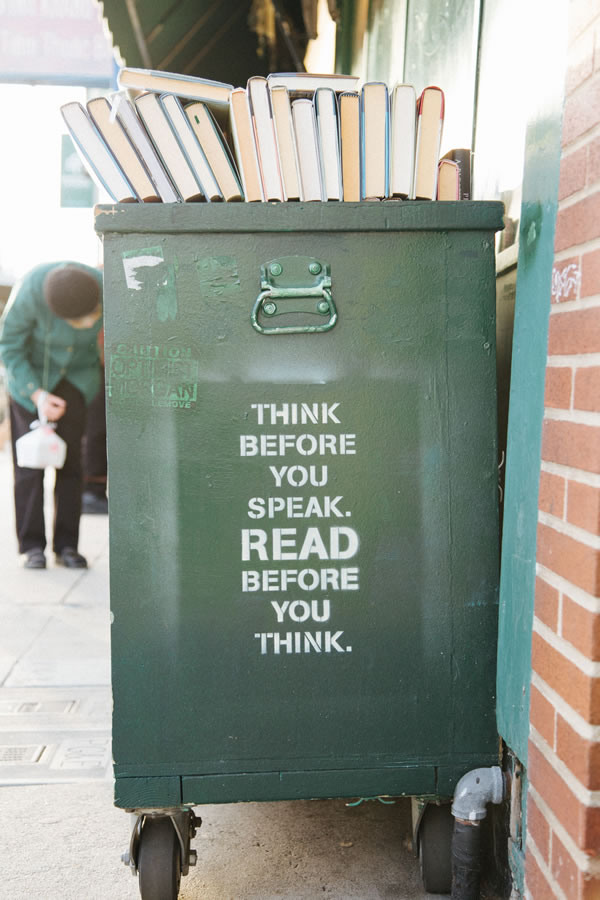Wednesday, April 3, 2019 at 12:00 in HS10
English Department, University of Klagenfurt
U.S. Immigration History and the Contemporary Politics of Immigration Control
The first portion of this talk will explore contemporary debates about immigration and asylum policies in the US, and the resurgence of xenophobia, racism, and nativism in American culture. Among the questions to be addressed: how have policies, enforcement measures, and rhetoric in the United States changed since Donald Trump took office in January 2017? To what extent do the policies and discourses advanced by President Trump represent a dramatic departure from previous administrations? Professor Urban will also examine the different proposals for immigration policy reform that have originated from the American right, center, and left in recent years – ranging from proposals to construct a U.S.-Mexico border wall to calls to abolish the Immigration and Customs Enforcement (ICE) agency.
The second portion of this talk will shift focus to efforts by public historians, artists, and activists to bring to the American public more critical accounts of the United States’ immigration history, and to create a “usable past” that can inform dialogue in the present. Professor Urban will discuss how museums, online exhibitions, and other forms of public-facing scholarship have sought to challenge and complicate mythologies surrounding assimilation, legal vs. illegal immigration, and the United States’ image, as Emma Lazarus famously put it, as a refuge for “huddled masses yearning to breathe free.”
Finally, the talk will conclude with a discussion of Professor Urban’s work in Klagenfurt, and the class project that his students are conducting on the history of Displaced Persons Camps in post-World War II Carinthia. Professor Urban will share primary sources from the United Nations United Relief and Rehabilitation Administration archives that his students are working with, and how these documents are being used to spur conversations among Austrian students about refugee politics in Europe today.
Andrew Urban is an Associate Professor of American Studies and History at Rutgers University, New Brunswick. His first book, Brokering Servitude (NYU Press, 2018), examines how federal immigration policies and private entrepreneurs shaped labor markets for domestic service in the nineteenth and early-twentieth century United States, and dictated the contractual conditions under which migration occurred. His current research project explores the history of Seabrook Farms, a frozen foods agribusiness and company town in southern New Jersey that recruited incarcerated Japanese Americans, guestworkers from the British West Indies, as well as Estonian Displaced Persons and stateless Japanese Peruvians during the 1940s. Additional information on Professor Urban’s scholarship can be found here: www.andyturban.org.








